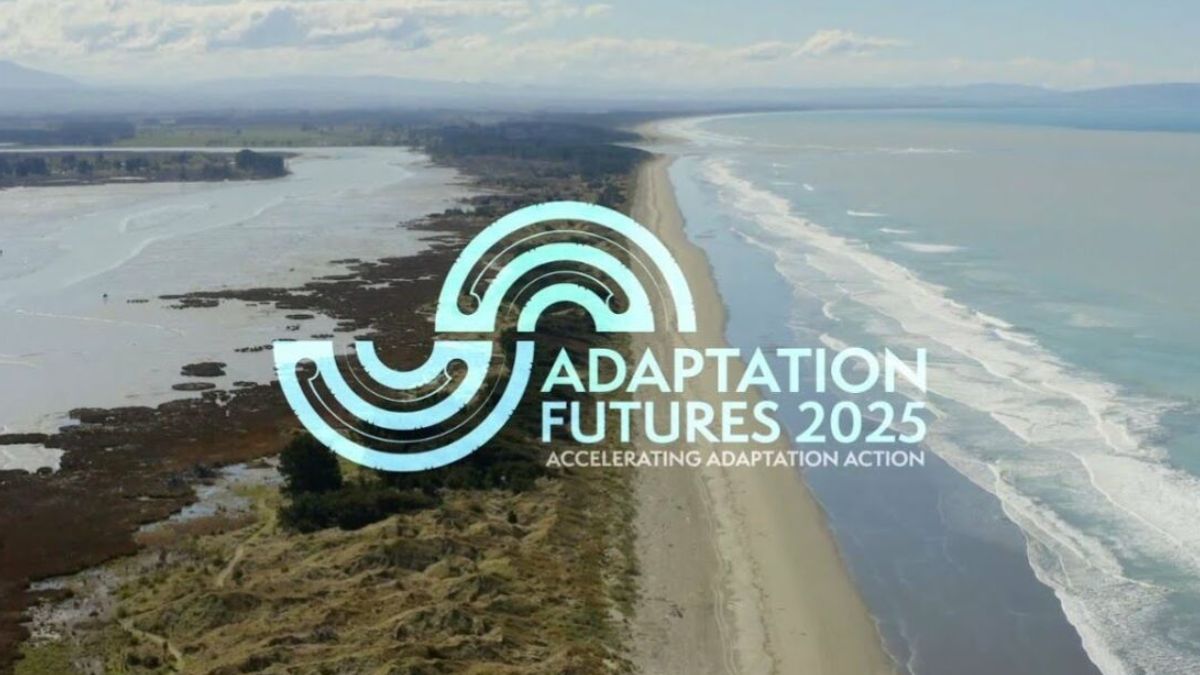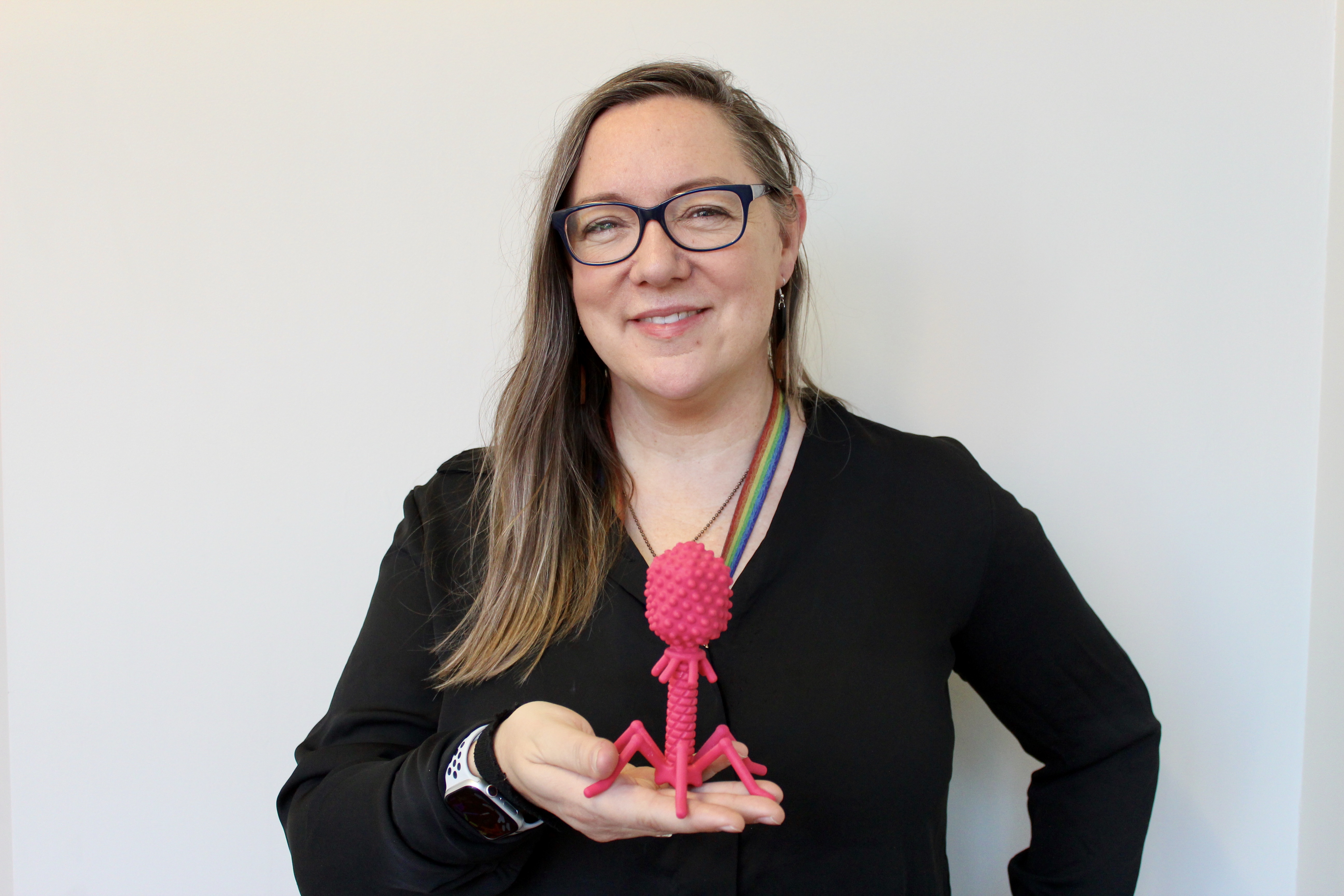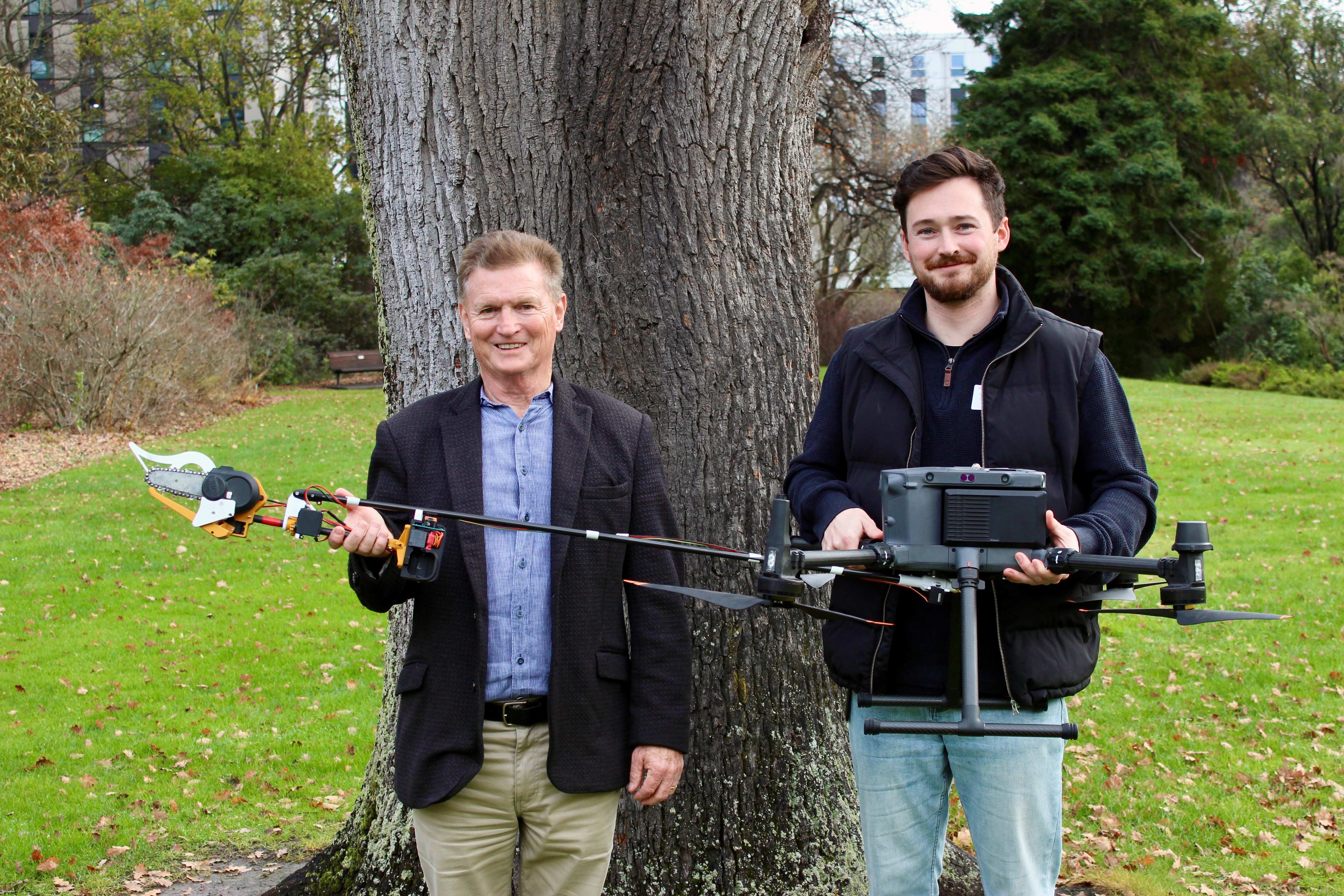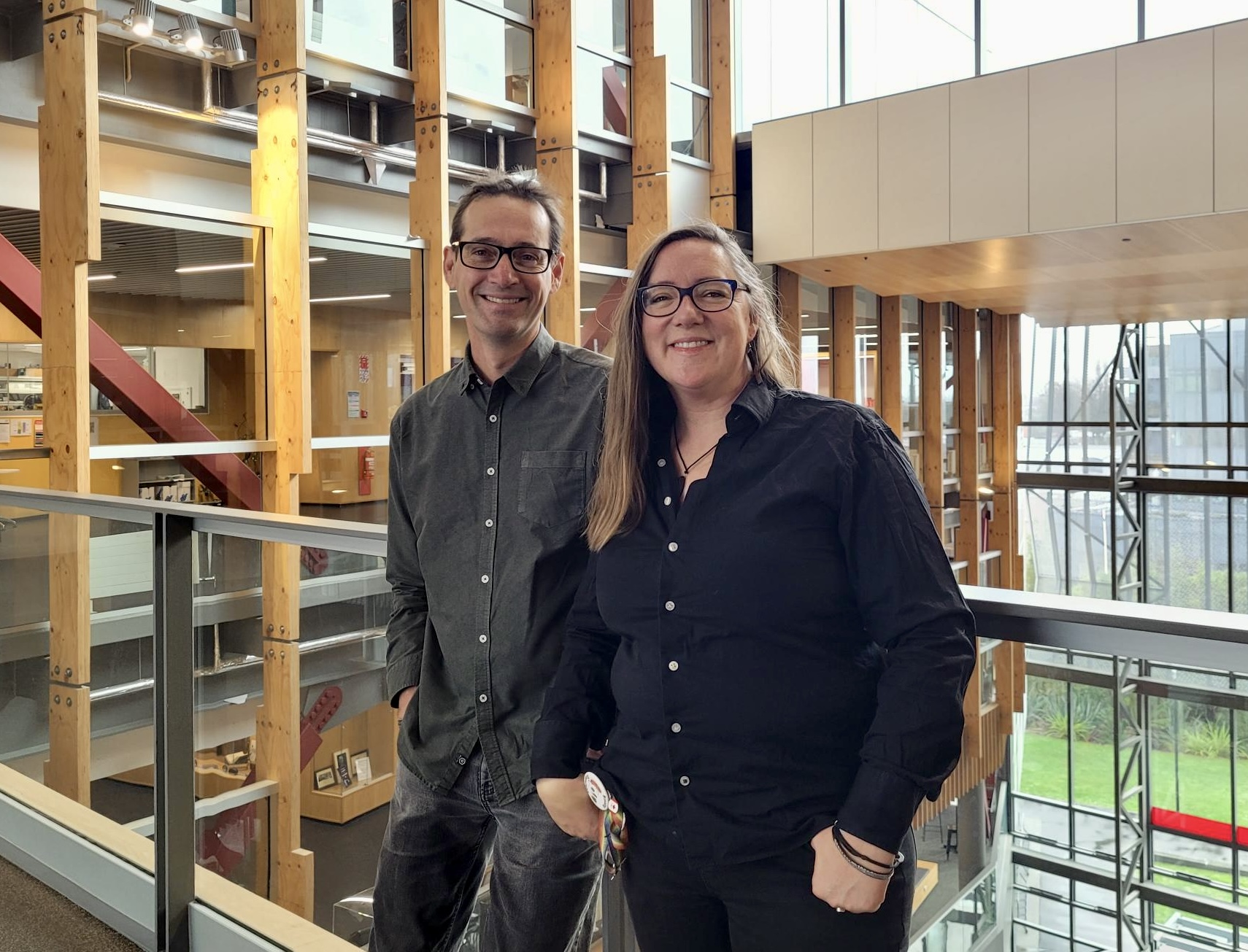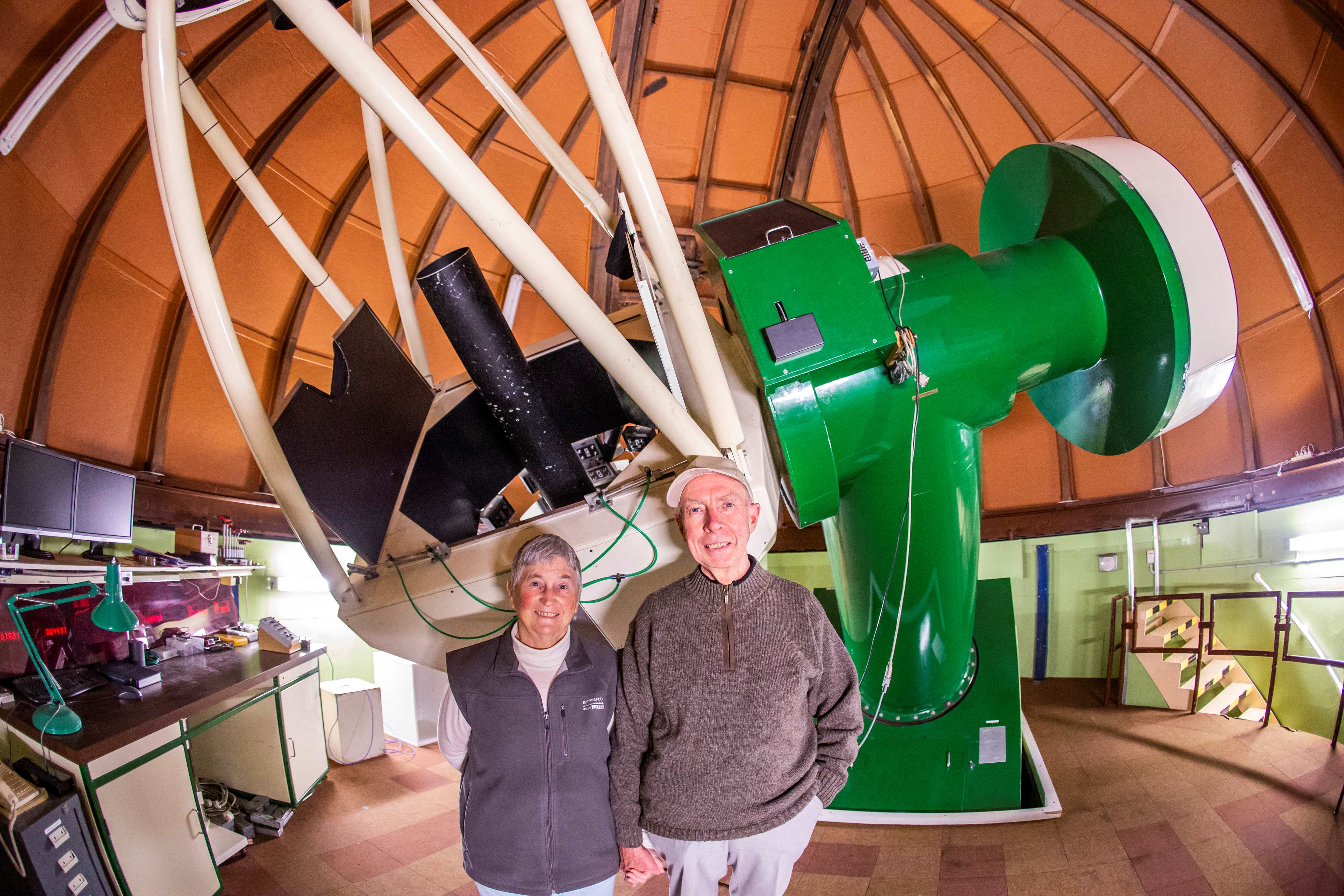Emerita Professor Paula Jameson says Aotearoa New Zealand legislation needs to urgently catch up to other countries to gain the benefits of gene editing.
Aotearoa New Zealand will have to seriously consider gene editing to improve crop production if it is to meet future sustainability targets, according to the University of Canterbury’s newest Professor Emerita, plant biologist Paula Jameson.
Professor Jameson recently received the honorary title of Emerita Professor, which is awarded to an outstanding academic on her retirement. However, she is still very much contributing to the field of cytokinins, one of the plant growth hormones, that has defined her career.
Speaking from Yantai University in China, where she is a part-time Distinguished Professor for the next three years, Professor Jameson says Aotearoa New Zealand legislation needs to urgently catch up to other countries.
“The United States, Canada, Australia, Japan, Brazil and Argentina are accepting gene editing as not needing the same level of regulatory oversight as required for plant genetic engineering. The EU hasn’t, much to the dismay and surprise of the scientific community in Europe,” she says.
“I was always conservative about overt genetic engineering, but I am now speaking out strongly about the benefits of gene editing. We can make single nucleotide changes to a genetic sequence and basically mimic something that has occurred naturally. One of the examples I contrast this with is mutagenesis breeding, which breeders can use, where irradiation or chemicals are used to mutate the DNA of plants, and this causes lots of little mutations. With gene editing, however, we can single out one gene and alter that very accurately.
“Researchers have already shown this with rice. There are natural mutations that enable greater rice yield. You can go in and use gene editing to mimic these in different cultivars. In the final product you can’t tell the difference between the natural mutation and a gene-edited mutation.”
Professor Jameson believes New Zealanders need to become more aware of the benefits of gene editing, and the potential for helping to achieve sustainability targets through greater yield, and resistance to environmental stress such as drought and disease.
Genetic engineering is hardly new or untested, she says: “The first genetically engineered plant was made in 1983, the first commercial product was released in 1994. Now it’s 2019 and countries in Africa and developing countries in Asia are only now beginning to adopt genetically engineered food crops with greater disease and insect resistance, partly because of the fear installed by first-world anti-GE lobbyists.”
“You and I have been eating genetically engineered products for well over a decade. Anything with canola or soybean is likely to have come from a genetically engineered plant. We are not growing any genetically engineered crop plants commercially in New Zealand – but we should look to growing gene-edited plants, as gene editing is so much more precise.”
A UC alumna, Professor Jameson arrived to study chemistry at UC in the 1970s, inspired by “several excellent teachers” at Avonside Girls’ High School. She quickly gravitated to double majors in plant physiology and chemistry, followed by her PhD on wheat and cytokinins.
The most satisfying aspects of her career, she says, have been the applied nature of her research, and her contribution to the role of the cytokinins, which are now recognised worldwide as having potential to contribute to yield, the efficient use of nitrogen and tolerance to drought.
There were many other highlights during a career based at the University of Otago, Massey University and then back at UC from 2004, including 10 years as the inaugural Head of the School of Biological Sciences.
In 2011 she was made a Fellow of the New Zealand Institute of Agricultural and Horticultural Scientists. Last year she was awarded the New Zealand Society of Plant Biologists’ Roger Slack Award for excellence in plant biology. Professor Jameson has published some 117 refereed papers, most of which are joint publications with her many PhD students, and has also written several chapters on cytokinins.
She is currently working with long-time colleague Professor Jiancheng Song, to co-lead and supervise the ‘Whole wheat exome sequencing project’ funded by the Shandong Provincial Government, through their Double 100 Talent Plan. She says the aim of the project is to identify and characterise mutations, and to supply breeders with new breeding material, as well as to publish papers in top international journals, which is her “key role”, she says.
The Aotearoa New Zealand government last week introduced a Zero Carbon Bill to Parliament to set greenhouse gas emissions targets into law, however campaigners say the timeframe of 2050 is too long.
“We will need to use the best techniques available to achieve this in our agronomic systems – gene editing is one technique that we should embrace to help us to achieve our targets,” Professor Jameson says.




